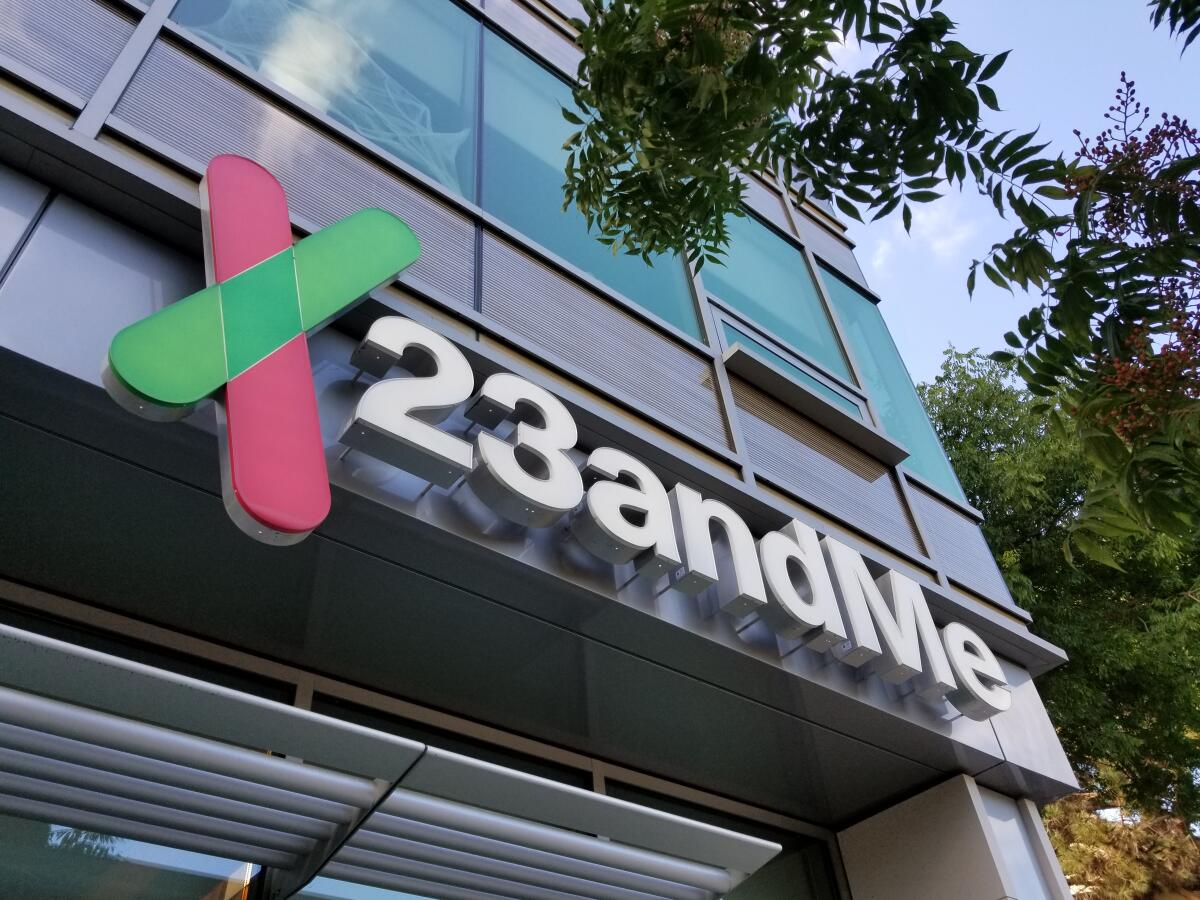Another possible lifeline has been given to 23andMe, a struggling genetic testing business that declared bankruptcy this year.
The selling of the company’s assets and operations to a nonprofit organization headed by Anne Wojcicki, the former CEO and co-founder of 23andMe, was authorized by a bankruptcy judge. The agreement, which is likely to finalize in the upcoming weeks, calls for the nonprofit TTAM Research Institute to pay $305 million.
The South San Francisco company’s financial difficulties raised privacy concerns about what would happen to its 13 million customers’ genetic data if it were to be sold. 1.9 million individuals deleted their accounts as a result of these concerns.California was one of several states that filed a lawsuit to prevent 23andMe’s data from being sold without user consent, claiming that consumers have an inalienable right to their own genetic data. A person’s genetic information cannot be altered if it is compromised, in contrast to a password.
California
Following the DNA testing company’s bankruptcy, over 15 million 23andMe consumers are concerned about their private and precious genetic information.
The selling of genetic data by a firm is a frightening idea, and reasonable people would conclude that it should never be allowed, according to a decision filed Friday by Judge Brian Walsh of the U.S. Bankruptcy Court in the Eastern District of Missouri, in St. Louis.
However, Wojcicki would be repurchasing a company she helped launch and oversaw for years as a result of the planned transaction. According to the judge, she would also enhance privacy procedures while respecting consumers’ rights to remove their data and accounts.
Wojcicki stated in a statement that “It is fundamental to my beliefs that people should be empowered to have choice and transparency with regard to their genetic data, and have the opportunity to continue learning about their ancestry and health risks as they wish.”
The businessman has made multiple attempts in the past to clear the path for 23andMe. Wojcicki’s plan to take 23andMe private by purchasing all of the business’s outstanding shares was turned down by the special committee of the company prior to the company declaring bankruptcy. Prior to the company declaring bankruptcy, its shares fell precipitously. Despite leaving her position as CEO, Wojcicki continued to serve on the board of 23andMe.
Regeneron Pharmaceuticals, a pharmaceutical company, was previously scheduled to acquire 23andMe. The bidding process was then reopened by a bankruptcy judge to accept TTAM’s bid, which came with a higher price.
According to 23andMe’s privacy statement, users’ personal information may be sold as part of a merger, acquisition, or sale of the company’s assets, Walsh said, weighing the states’ objections to the transaction. According to the court complaint, TTAM would extend employment offers to 23andMe employees under the agreement, and genetic information would not be shared with outside parties.
In March, 23andMe, which was once valued at $6 billion, declared Chapter 11 bankruptcy. The company was established in 2006 and sells DNA testing kits that customers may use to find out more about their health and heritage.
Because individuals only took the DNA test once, the business had trouble growing its recurring revenue. Concerns about privacy also existed. About 7 million users’ personal information was compromised by hackers in 2023. Ancestry trees, birth years, and geographic locations were among the data obtained, underscoring the dangers of entrusting data to private organizations.
Following the approval of the acquisition, 23andMe sent out an email to customers informing them that TTAM is dedicated to upholding the company’s privacy policy and that users have the option to remove their accounts or opt out of research.










